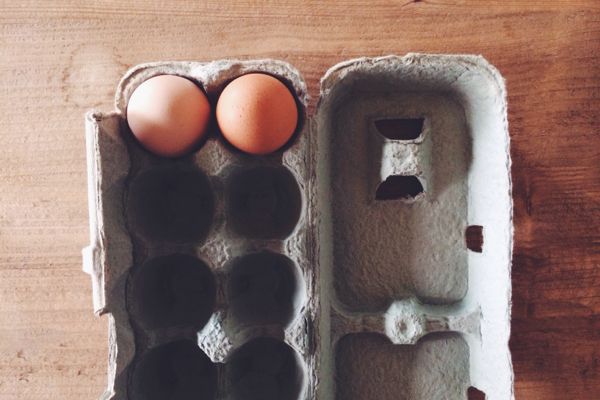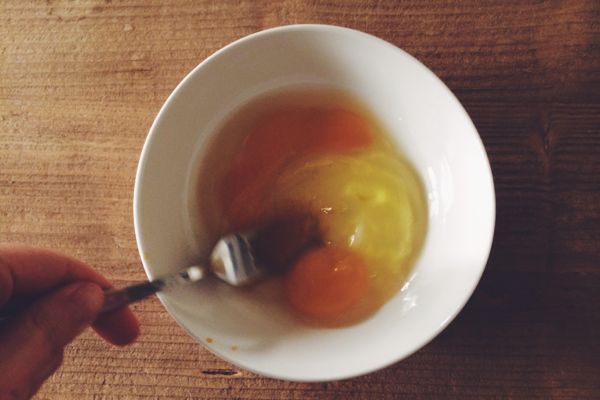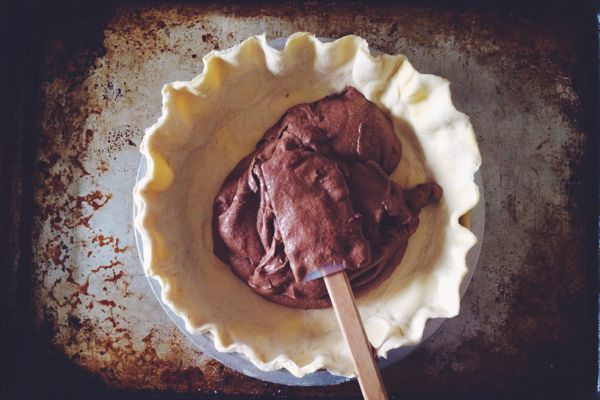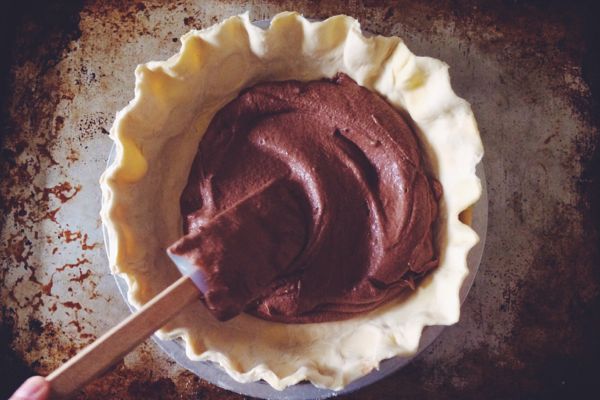And here we are. Twelve months later, twelve months older, and hopefully wiser and braver, too. My December was filled with the usual trappings of holiday festivities: champagne, spiced apple cider, twinkle light watching, family visiting, Downton Abbey season 1-3 watching (season 4 starts in January!!), cookbook reading, and even a little time for writing.
Cheers as we go swiftly into a new year.
I need to visit Rachel so she can make me this.
A Jane Austen trivia game is really happening.
An Italian reality show for writers
"I am almost always right in feeling that there is a poem in something if it hits me hard enough."
The cultivation of Christmas trees.
Ring bells, be joyful
13 must read links for food writers
Jhumpa Lahiri meets brownies
"We're all in this together, and that's why it's a movement."
What happens when you ask strangers to see the last photo taken on their phone? This.
New! Literary City Guides
From the tree-lined streets of Williamsburg, Brooklyn to the bustling cafes of Bangalore, India, today's new literary city guides take you around the world. Both cities have a strong coffee culture, and enough bookstores, restaurants, and museums to keep any traveler busy for days. Stop by to visit the latest Literary City Guides!










